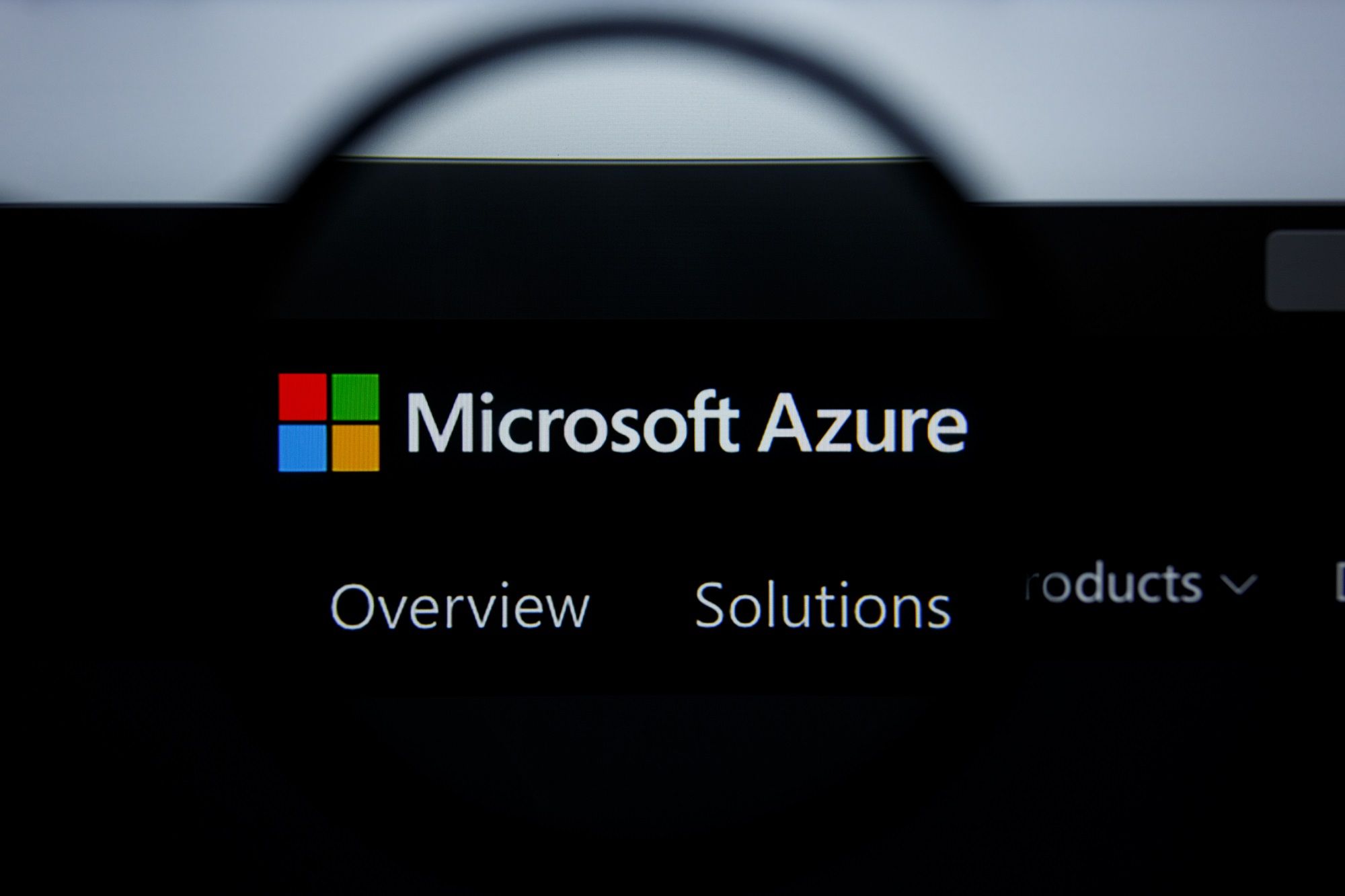The United States federal government has been impacted by the surge of generative artificial intelligence, as Microsoft has revealed the introduction of its Azure OpenAI Service. This offering enables Azure government clients to gain entry to GPT-3 and 4, along with Embeddings.
Microsoft has stated that the Azure OpenAI Service will enable government organizations to utilize ChatGPT use cases while still adhering to the rigorous security and compliance standards that are necessary to meet the government’s requirements for safeguarding sensitive data.
According to Microsoft, it has created a framework that allows government clients to safely utilize the expansive language models available in the commercial environment through Azure Government without compromising the security of sensitive government data. This access is granted through REST APIs, a Python SDK, or Azure AI Studio, and is designed to prevent any exposure of government data to the public internet. The queries submitted to the Azure OpenAI Service are the only pieces of information that are transmitted to the Azure OpenAI model in the commercial environment, as stated by Microsoft. Additionally, Microsoft has reassured that Azure Government does not directly connect with the public internet or the Microsoft corporate network, but instead directly peers with the commercial Microsoft Azure network.
Microsoft has stated that it utilizes the IEEE 802.1AE, or MACsec, network security standard to encrypt all Azure traffic. Additionally, all traffic is confined within Microsoft’s global backbone, which consists of over 250,000km of fiber optic and undersea cable systems. The Azure OpenAI Service for the government is now available to approved enterprise and government customers, subject to the discretion of their respective superiors.
How secure is the government ChatGPT, exactly?
Microsoft has been striving to establish itself as a reliable cloud provider for the United States government, although it has faced some setbacks along the way. One such incident occurred earlier this year when it was disclosed that a government Azure server had unintentionally made over a terabyte of confidential military documents accessible to the public internet. Both the Department of Defense and Microsoft were held responsible for this issue, and each party blamed the other.
OpenAI, a subsidiary of Microsoft and the developer of ChatGPT has also encountered security issues. In March of this year, a flawed open-source library resulted in the inadvertent exposure of certain user chat records. Consequently, a number of prominent companies, such as Apple, Amazon, and several financial institutions, have prohibited the internal use of ChatGPT due to concerns that it could lead to the disclosure of confidential internal data.
Microsoft has clarified that customers who fulfill additional Limited access eligibility requirements and verify particular use cases may request to modify the content management features of Azure OpenAI. If Microsoft grants a customer’s request to disable data logging, then it will not preserve any prompts and completions connected with the approved Azure subscription for which data logging has been configured off in Azure commercial. This suggests that prompts and completions, which refer to the text generated by the AI model, are being retained unless a government agency satisfies certain specific criteria.
We reached out to Microsoft to seek clarification on how it intends to preserve AI prompt and completion data from government users, but a company representative merely directed us back to the initial announcement without providing any explicit responses to our inquiries.
Given that private enterprises are apprehensive that even queries alone could result in the disclosure of confidential information, Microsoft has a significant challenge to address before federal agencies such as the Defense Department and NASA authorize their personnel with access to Azure government to utilize it to obtain responses from an AI model that has a history of being untruthful.
#OpenAi #ArtificialIntelligence #MicrosoftAzure #GPT3 #GPT4




